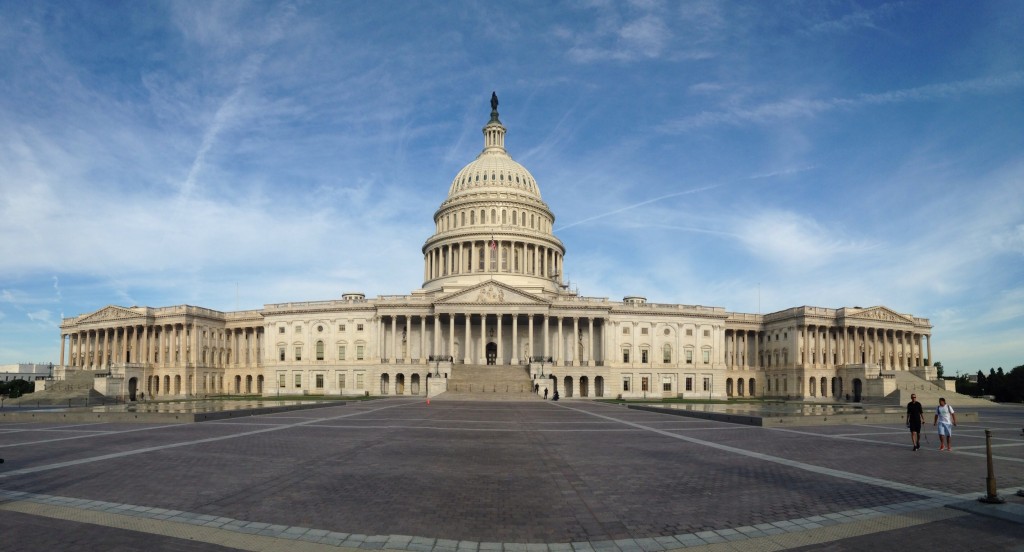
RHYA Senate vote: Good start but more work needed to safeguard both providers and at-risk youth
(by Stanley Carlson-Thies)
The Senate on April 22, 2015, voted down an amendment to a sex trafficking bill that would have both reauthorized the Runaway and Homeless Youth (RHYA) program and made it more difficult for faith-based organizations to participate in this and other federal programs. The bad news: the destructive nondiscrimination clause in the RHYA bill is likely to come up again and again.
It’s a long story that starts with a sweeping nondiscrimination clause proposed to be added to the RHYA program as Congress reauthorizes it. Many runaway, homeless, and trafficked youth are LGBT and can suffer unjust treatment because of that. Congress and protectors of the young people are right to be concerned. But, without even any proof that RHYA grantees have been abusive, LGBT advocates have pressed for a very broad “nondiscrimination” clause that would forbid discrimination on the bases of sexual orientation, gender identity, and religion (and other characteristics)–not only in the treatment of the young people but in every operation and program of any organization that receives any RHYA money–or money from any of a range of other grant programs.
The major assumption by LGBT advocates is that an organization that takes religion seriously and that does not affirm LGBT conduct cannot be trusted to treat LGBT youth with respect and is not worthy to be a partner of the federal government. And yet faith-based organizations daily serve with excellence those unlike themselves–that’s their religious commitment. It is faith-based compassion and commitment to justice that explains why so many areas of social service, education, and health care were pioneered by religious organizations and why so many of such services are today performed by religious organizations, with and without government funding.
Protests against this grave misunderstanding of faith-based services, including a letter organized by IRFA, won some modifications to the original clause–but the changes did not cure the deep problems of the clause.
LGBT advocates and congressional staff defend the clause by pointing out that a bipartisan congressional majority approved similar language when the Violence Against Women Act was reauthorized in 2013. But that 2013 action was a big mistake, made possible when media and public criticism against Republicans for being anti-woman fueled a rush to pass the VAWA bill despite deep concerns about its nondiscrimination clause and other matters. Congress should reverse that bad precedent, not add to it.
The problem is not the congressional desire to ensure that runaway, homeless, and trafficked youth receive respectful services. The problem is how this nondiscrimination clause is designed. It has sweeping language that ignores the complexity of the interests at stake, even undermining compassionate faith-based service providers. This is not the focused language needed to safeguard against mistreatment of young people who need to be served with dignity.
The Senate vote against the RHYA reauthorization bill and the poorly designed clause is just one step in what will be a long process of resolving how to fund RHYA services. Faith-based organizations have their work cut out in helping Congress to understand the good they do, and the bad they avoid-and how a diverse set of providers is best for the diverse set of people who need services the federal government funds.
